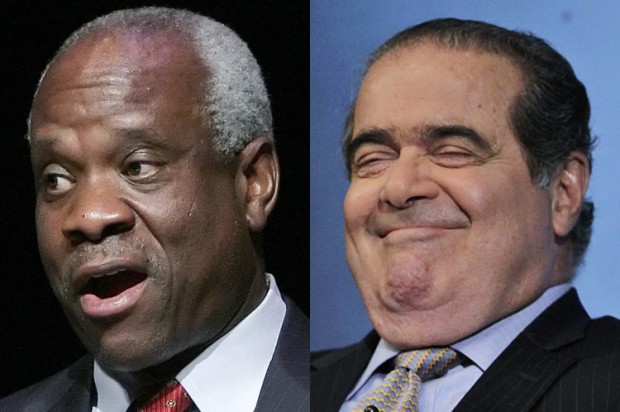This Supreme Court Is a Disgrace
But this decision is yet more outrageous. The Constitution was specifically amended in the most explicit possible terms to allow Congress to pass precisely this sort of law, for this precise purpose. The 15th Amendment was enacted to give Congress the power to stop states from discriminating against racial minorities in regard to the right to vote.
So what we have here is a situation in which a war was fought in which 600,000 soldiers died, in large part so that the Constitution could be amended in such a way as to give Congress the power to force the slave states to treat black people like human beings. A century later, Congress gets around to actually using this power, and the law it passes is a remarkable success.
But according to the Roberts Five, it’s unconstitutional for Congress to enforce legislation specifically mandated by the Constitution, because it has carried out its legislative responsibilities too well.













